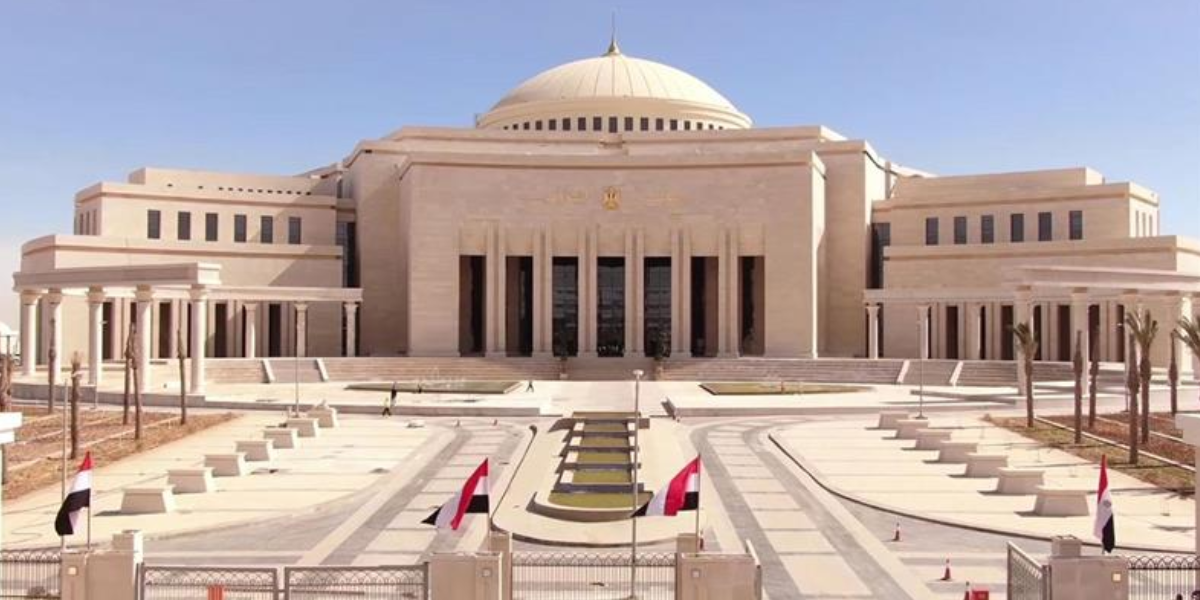Egypt has issued plans to replace the existing general sales tax (GST) with a full Value Added Tax. This move has been expected for some time. Egypt’s current GST law is estimated to be hitting the country’s economy by around 1% of GDP as there are no channels by which businesses may reclaim the GST they have paid on their inputs. The GST in Egypt has a small tax base of around 14% of GDP and this means that the amount collected from the tax may fluctuate in line with the economic position of the country. If the amount collected from the GST could be increased, for example by widening the tax base, Egypt could afford to reduce the corporate income tax rate which is currently 25%.
The level of the standard VAT rate has not yet been fixed but will be determined at an amount up to around 12%. There will be exemptions for exports and some basic necessities. Also, Egypt’s free trade zones will remain outside the scope of the VAT. Taxpayers will be in a position to opt for a reverse charge procedure on services received from outside Egypt. Imported goods will be subject to VAT when they go through customs.













